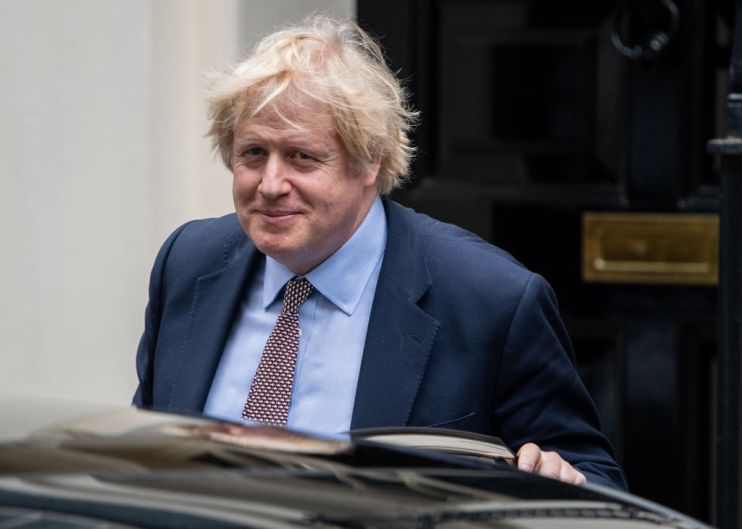UK quarantine: Boris Johnson says UK will ‘certainly develop’ air bridges

The government “will certainly be developing” air bridges with other European countries to ensure quarantine-free travel, according to Boris Johnson.
The Prime Minister said at the daily press briefing that work was underway to create exemptions for the 14-day quarantine for inbound travellers, which will begin next Monday.
Home secretary Priti Patel today unveiled the government’s plan to impose the new quarantine, which she described as only temporary.
Arrivals to the UK will be required to fill in a “contact locator” form, including details of where they will isolate and how they can be contacted.
The form must be completed in advance of travel and passengers will require a receipt in order to prove they have done so.
Business groups, the aviation sector and a large group of Tory MPs have derided the plans as a threat to the future of Britain’s tourism industry.
The first review of the quarantine will be on 28 June, with Johnson signalling there could be country-by-country exemptions at this time.
“I mentioned earlier on the idea of safe corridor, safe travel between the UK and other countries with low or similar levels of infectivity and we will certainly be developing that as we go forward,” he said.
Patel said today that the government was exploring “international travel corridors”.
“Any international approaches will be bilateral and agreed with the other countries concerned,” she said.
“We need to ensure that those countries are deemed to be safe.
“We are not alone in our fight against this disease, or in the measures we have taken to stop it.”
The UK’s imposition of a quarantine comes as other European countries are beginning to lift their own similar measures.
Italy opened its borders this week, while France, Germany and Spain will soon also follow.
London Chamber of Commerce chief Richard Burge sent a letter to the government today to voice his displeasure at the new quarantine plans.
“This blanket aviation proposal doesn’t appear to be risk-based,” he said.
“If it was, it would recognise that arrivals from some countries with much lower transmission levels than the UK and low incidence of the disease would not increase our risk, provided they adopted our social distancing protocols on arrival”.
British Chambers of Commerce chief executive Adam Marshall echoed Burge’s words, saying that “the safe re-establishment of connections to key markets and trade partners must now be a top priority for the government”.